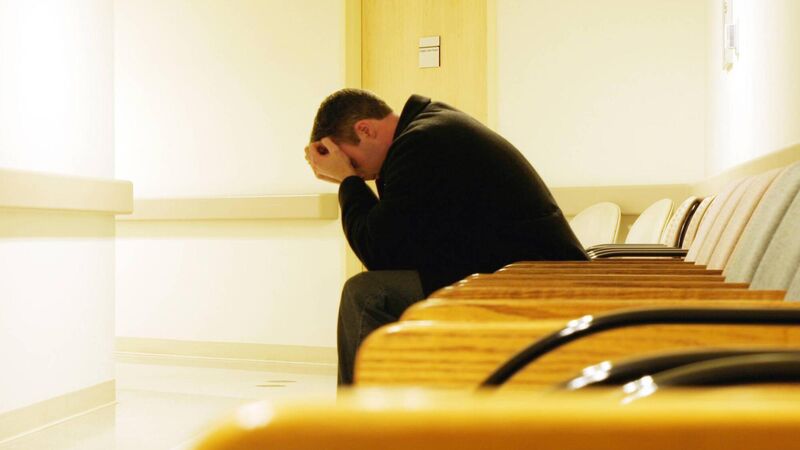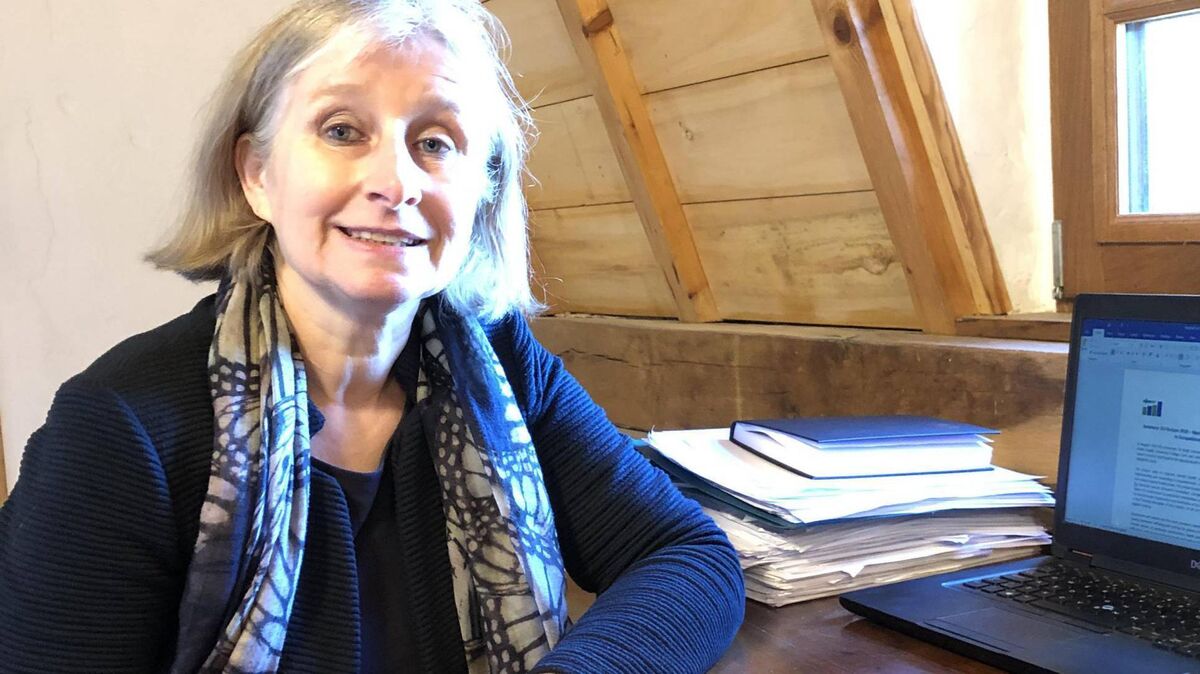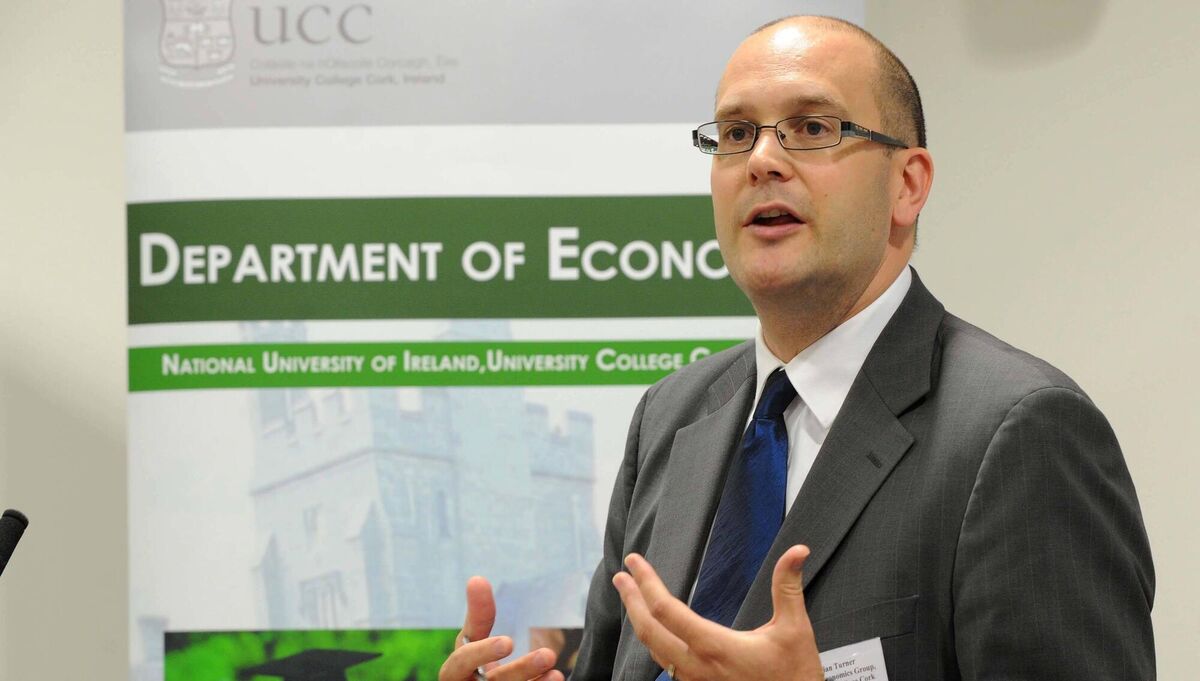Budget 2026: ‘Clarity needed on mental health spend’

THE allocation for mental-health services in Budget 2026 was €1.6bn, a record amount and an increase for the sixth year in a row. However, there needs to be a more comprehensive breakdown of the funds and greater clarity on how they will be spent, say Mental Health Reform, Ireland’s leading national coalition of organisations that campaign to transform mental-health and wellbeing supports.
THE allocation for mental-health services in Budget 2026 was €1.6bn, a record amount and an increase for the sixth year in a row.
However, there needs to be a more comprehensive breakdown of the funds and greater clarity on how they will be spent, say Mental Health Reform, Ireland’s leading national coalition of organisations that campaign to transform mental-health and wellbeing supports.
As part of the funding increase, which Mental Health Reform did welcome, an additional 300 new staff will be hired in mental health services in 2026, which is 9% of the total growth in health service staffing next year.
There is a particular focus on improving support for people in mental health difficulties, both in hospitals and in the community, with an additional €15m being made available for crisis support and suicide prevention.
Also, Budget 2026 funding will address the high volume of mental-health presentations in emergency departments, which was 50,000 in 2024, according to the Mental Health Commission.
The HSE plans to establish specialist nursing teams in the emergency departments of all model-4 hospitals out of hours, which includes Cork University Hospital, and to also create a new crisis response pathway for children and young people, staffed by specialist Child and Adolescent Mental Health Services (CAMHS) doctors.
Ella Arensman, from the University College Cork (UCC) School of Public Health, and chief scientist at the National Suicide Research Foundation, welcomed the increase in mental health funding, which has risen by 50% since 2020.

“I think is important, but it is very justified,” Ms Arensman said. “The positives for mental health are that for the sixth successive year there has been an increase, so that is really encouraging.”
Lisa-Marie O’Malley, policy and advocacy co-ordinator with Mental Health Reform, told The Echo she is hoping that a more detailed breakdown would be made publicly available as soon as possible.
“What we have really called out is the need to get transparency around the actual figure and what the breakdown of the allocation is going to be,” Ms O’Malley said.
“We understand they are still making calculations. But we really think they need to provide a comprehensive breakdown of that figure as soon as they possibly can.
“We need to know what the allocation is and how it is being broken down, to make sure that policy commitments are being met.”
Ms O’Malley added: “A lot of the things we had flagged in our pre-budget submission were around things like crisis care, things like early investment and the need to invest in youth mental health. They were all really positive things that we were happy to see.
“But, on the other side of things, we had hoped there might be something towards multi-annual funding for the community and voluntary sector.
“We haven’t seen anything on that front yet.
“We think that is vitally important, because they are massively important services that those organisations provide.”
Professor Patricia Leahy-Warren, from UCC, told The Echo that the investment in digital health, including the HSE health app, national share care record, and virtual wards, is welcomed.
Ms Leahy-Warren said: “That will be a gamechanger, in terms of responsiveness to patient care, if we are going to be able to do virtual wards and virtual care.
“Here in UCC, in the School of Nursing and Midwifery, we are now developing our digitalisation in terms of how students are going to be able to communicate and give care online, as well as face to face.
“Digital health is going to be a big part of health services going forward, in the hope that we are going to have a national share care record as well.
“That has been long-awaited and the European Union has legislated that we need to have that in place. So that needs to be pushed forward as well, in terms of the digital health card.”
Brian Turner, co-director of the postgraduate diploma/MSc in health economics practice at UCC, added that the digitalisation of the health service in Ireland is crucially needed.

“There has been talk for years about improving digital health and unique patient identifiers. We still haven’t rolled it out.
“So, I get the impression that is what they are talking about with investment in digitalisation. I think that would be a positive development.
“At the moment, if you go to a particular hospital, they need to get notes from another hospital. There is literally a physical file and not a unique patient identifier.
“If everyone had a unique patient identifier, then it would be a lot easier to get the health records of a patient.
“We do need to make progress on that. I do think it would be a welcome development, if they bring that a bit closer.”
Dr John Sheehan, a GP who is also a Fianna Fáil Cork city councillor, told The Echo that improving the digitalisation of the healthcare system in Ireland is going to be crucial going forward.
“There is significant investment that is happening with that, particularly with the hospitals, to try to bring the electronic health record in,” Dr Sheehan said.
“Also, there is a big emphasis on co-ordination of care in the community and linking up all of that with hospitals.
“So that if a patient is coming out of hospital and they might need some public-health nurse or physio, it is more co-ordinated.
“We need one seamless system for patients.
“I welcome the increased investment that is happening with the HSE in that regard.”
In 2024, the Department Of Health launched a digital health framework for Ireland (2024-2030).
This framework sets out a roadmap to digitally transform health services in Ireland and also to improve access for patients.







 App?
App?


